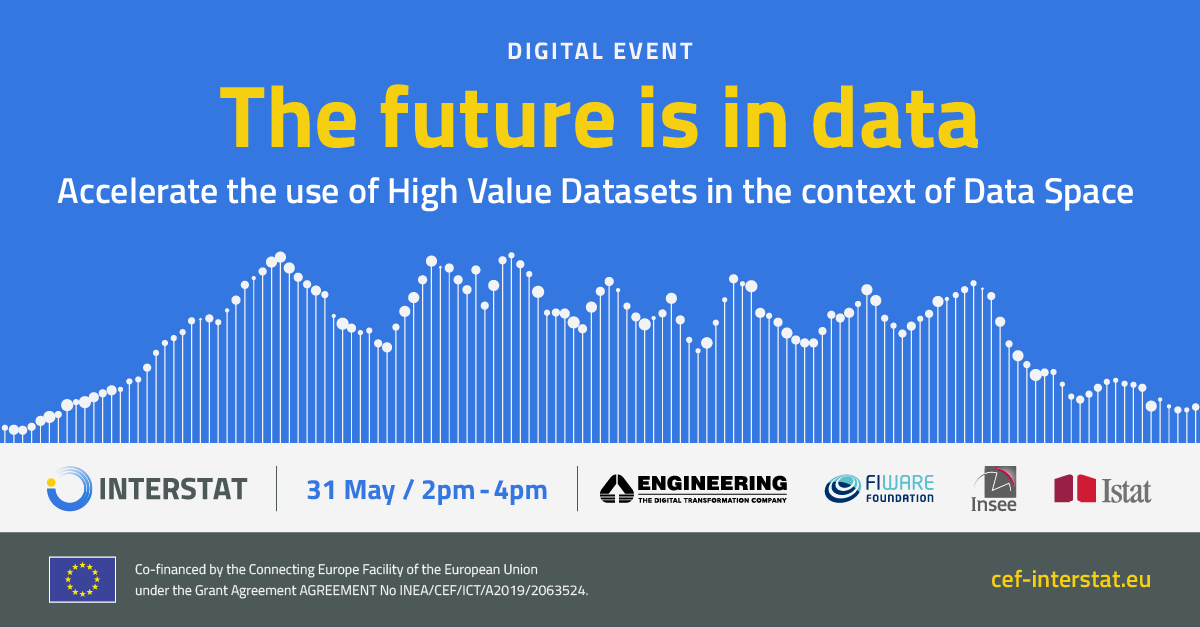According to the European Commission: “Data is an essential resource for economic growth, competitiveness, innovation, job creation and societal progress in general. The European strategy for data aims at creating a single market for data that will ensure Europe’s global competitiveness and data sovereignty. Common European data spaces will ensure that more data becomes available for use in the economy and society, while keeping the companies and individuals who generate the data in control”.
Data driven applications will benefit citizens and businesses in many ways. They can:
○ improve health care
○ create safer and cleaner transport systems
○ generate new products and services
○ reduce the costs of public services
○ improve sustainability and energy efficiency
In this context the EC wants to regulate the management of the data that are provided by public bodies to private entities, and vice versa, and to boost its use also for economic benefit. This context, however, cannot be disconnected from EC’s new strategy on the data spaces. Indeed, The European data strategy of February 2020 announced the creation of Common European Data spaces in 10 strategic fields: health, agriculture, manufacturing, energy, mobility, financial, public administration, skills, the European Open Science Cloud and the crosscutting key priority of meeting the Green Deal objective
Concerning the data held by the Public Administration, the European Union since the Directive 2003/98/EC on the re-use of public sector information, has always adopted an approach aimed at making these data available to third parties. Consequently, in pursuit of this vision, the Data Governance Act aims to make available a massive amount of data held by the Public Administration, which however are not yet accessible to third parties due to limitations only partly arising from the GDPR framework, such as: commercial confidentiality, statistical confidentiality, protection of third parties’ intellectual property rights or personal data protection. According to this, the concept of High Value Datasets is introduced, identifying statistical datasets as relevant for economic interest and reuse.
In line with these topics:
○ How Open Data can be leveraged in the European Data Spaces?
○ How does statistical data contribute to the creation of a data space?
○ Which are the barriers that can prevent the sharing and reuse of statistical datasets in actual scenarios involving different stakeholders, possibly with economic interests?
Objective of the digital event
The objective of this digital event is to investigate on some of the questions:
○ What changes for data that is managed by public administrations?
○ How will High Value Datasets be managed in the data space? What innovative technologies will be needed?
○ What is the contribution of Public Administrations related to the Data Spaces?
○ Which can be the impact on local communities? And how to boost/maximize it?
○ Which role can be played by private actors? Are there new policy and/or business models required to enable an actual collaboration around the reuse and the exploitation of High Value Datasets?
AGENDA
- 14:00 – 14:10 — Welcome and Introduction, Martino Maggio – Senior Researcher, INTERSTAT project coordinator, Engineering Ingegneria Informatica SpA, Introduction to the Event and INTERSTAT
- 14:10 – 14:15 — Moderator, Roberto Di Bernardo, Head of Smart Government – Central Government R&I Group – Engineering Ingegneria Informatica SpA.
- 14:15 – 14:30 — Keynote Speech, Emanuele Baldacci – EUROSTAT, Drector of methodology, IT and corporate statistical services at Eurostat.
- 14:30 – 14:45 — Keynote Speech, Cristina Martinez, EUROPEAN COMMISSION, Smart Technologies for Communities, Deputy Head of Unit C3.
- 14:45 – 14:55 — Expert Speech, (coming soon)
- 14:55 – 15:05 – Expert Speech, Roberta Radini, Italian Institute of Statistic – ISTAT, “Enhancing semantic interoperability through Ontologies and Controlled Vocabularies”
- 15:05 – 15:15 — Expert Speech, Nicolas Sagnes – French, National Institute of Statistic and Economic Studies – “Modernizing data dissemination at Insee”.
- 15:15 – 16:00 — Panel Discussion



